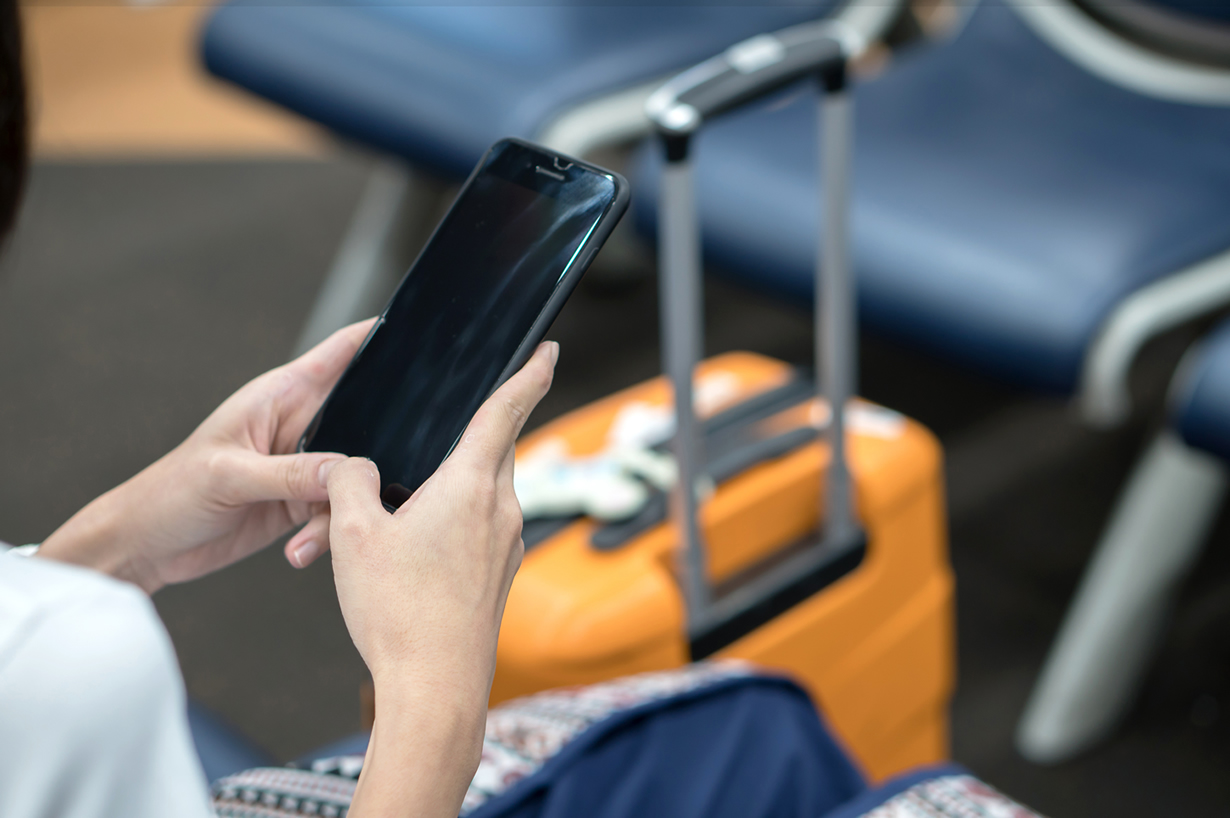
Celebrating Summer with Inclusion- Traveling Apps are Now Featuring Accessibility Filters
Summer is almost over and so many of us are still eager to enjoy a sunny vacation. While planning a vacation has gotten so much easier with today’s innovative Apps, it’s still a rather maladroit process for many people with disabilities.
Open Doors Organization (ODO), is a non-profit organization founded in 2000 in order to make sure people with disabilities can enjoy equal consumer opportunities. According to the ODO, one out of two hotel guests with different disabilities testified they faced obstacles during traveling, mostly after facing challenges and lack of information while booking their vacation. They weren’t able to find critical information about things like accessible areas and parking, step-free access or wide doorways, flat paths or pool and beach access. Other difficulties have to do with lodging details such as bed height and mobile hoist, missing grab bars in the shower, and so many more crucial details.
For years people with disabilities were not able to plan their vacation through the more common paths, like innovative Apps and popular websites. They were forced to look for accessible traveling via offline specific booking agencies.
Even though about 1 in 10 people in the U.S. lives with different needs when it comes to physical mobility, vision or hearing, most traveling Apps and traveling websites were not accessible to most of them and did not take them into consideration.
Lately however, we are witnessing a change in the right direction as new travel apps focusing on travelers with disabilities were launched, and more and more apps are becoming much more inclusive. This last November, Airbnb, merged with a developing startup aiming to identify accessible lodging and is now offering new 27 accessibility filters for its users to tailor their searches and meet their mobility needs.
As recently reported on skift, the National Federation of the Blind just confirmed Expedia’s new accessibility features, after the company had been working on its inclusive adjustments since 2014.
According to their reporting, Expedia conducts quarterly tests of products and sets high standards for accessible user experience.
Another notable example is Handiscover, which gathers elaborate information about accessible properties to book online. AbiliTrek is a great example of a site working to build a practical database for people with disabilities who are trying to book a hotel. By using different reviews from larger sites, it can assist in gathering the necessary information to one useful list.
The main challenge every company is trying to overcome is the lack of clear and accurate information, details that until recently were never documented or collected, both for hotels and lodging as well as transportation.
Disability inclusion is not just the right thing to do, it’s the wise thing to do. Most companies understand that inclusion will boost their bottom line. According to experts, the accessible options can be worth up to $17 billion in profit each year for international booking sites. “People with disabilities comprise 20% of our population”, adds Miriam Heyman, Program Officer at the Ruderman Family Foundation. ”Recent research from American Institutes for Research found that the discretionary income for working-age people with disabilities in the United States is about $21 billion. There are tremendous economic incentives for companies in the travel industry to become more inclusive.”
About the author
Stay Included
To stay up to date on our most recent advocacy efforts, events and exciting developments, subscribe to our newsletter and blog!



















